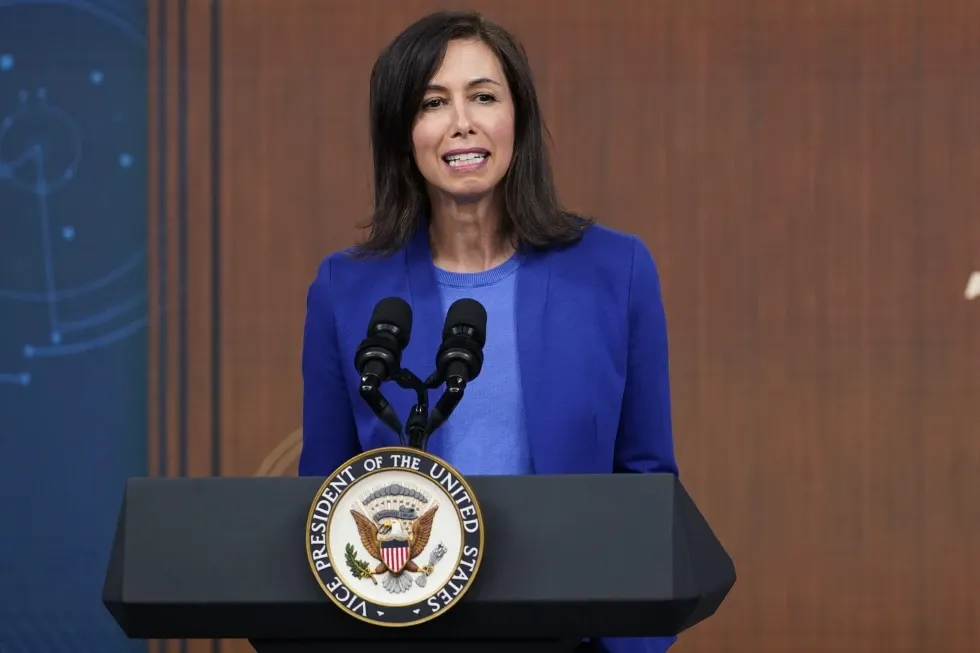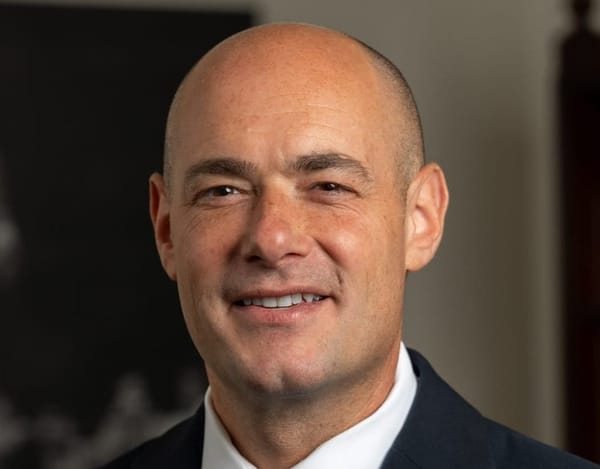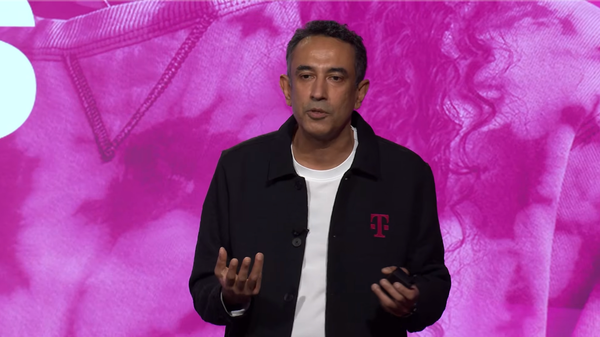FCC’s New Inquiry Could Make Canceling Services Easier
Commissioner Brendan Carr said the inquiry falls outside the agency's scope.
Jericho Casper

WASHINGTON, Oct. 23, 2024 – The Federal Communications Commission launched a formal review Wednesday to enhance customer service practices across the broadband, cable, satellite TV, and phone industries.
This inquiry, passed in a 3-2 vote along party lines, seeks public feedback on simplifying service cancellations, improving access to live representatives, and addressing other key consumer frustrations.
FCC Chairwoman Jessica Rosenworcel, who heads the Democratic-controlled agency, highlighted the importance of the review, in a statement, “Hundreds of thousands of consumers reach out to the FCC each year because they run into issues canceling their service, are saddled with unexpected charges, are upset by unexplained outages, and are frustrated with billing issues.”
Agency Democrats Geoffrey Starks and Anna Gomez issued statements in support of Rosenworcel’s plan.
Key areas under review include whether service providers should offer easy “click-to-cancel” options online, similar to recent regulations adopted by the Federal Trade Commission; and, whether explicit customer consent should be required before automatically renewing services or increasing prices after promotional periods.
The FCC also sought to examine ways to streamline access to live representatives, considering whether consumers should be able to bypass automated menus by pressing “0”. Additionally, the inquiry explores how AI technologies can enhance customer service without replacing human interactions.
Not all FCC commissioners supported the new inquiry. In a dissenting statement, Republican Commissioner Brendan Carr expressed concern that many of the issues under review fall outside the FCC's authority, stating, "we should leave those cross-cutting consumer protection issues to the nation’s lead consumer protection agency—the FTC” and focus on policies that address the digital divide.
Commissioner Nathan Simington, another GOP member, also opposed the inquiry, though he did not issue a formal statement.
Public comments on these issues will be accepted until Nov. 22, with reply comments due by Dec. 9.










Member discussion